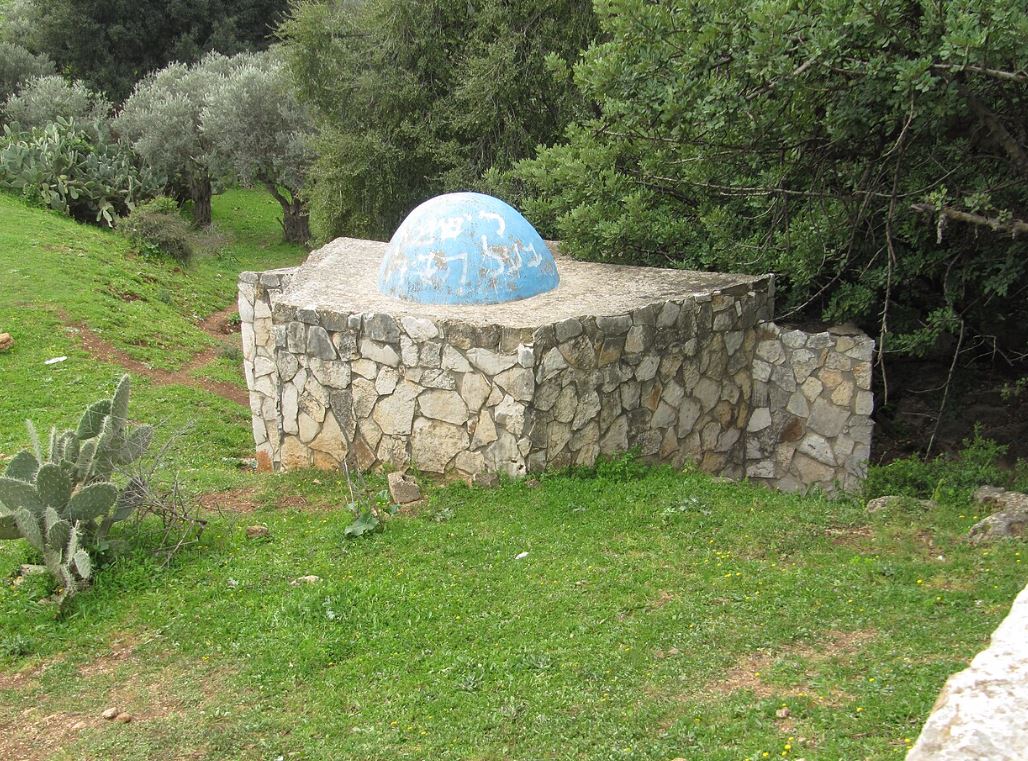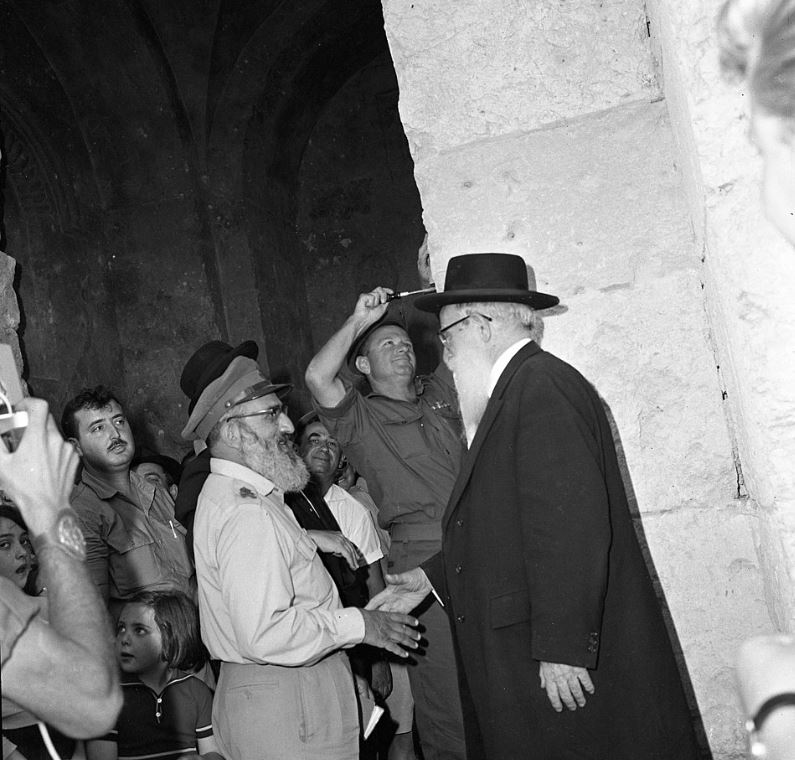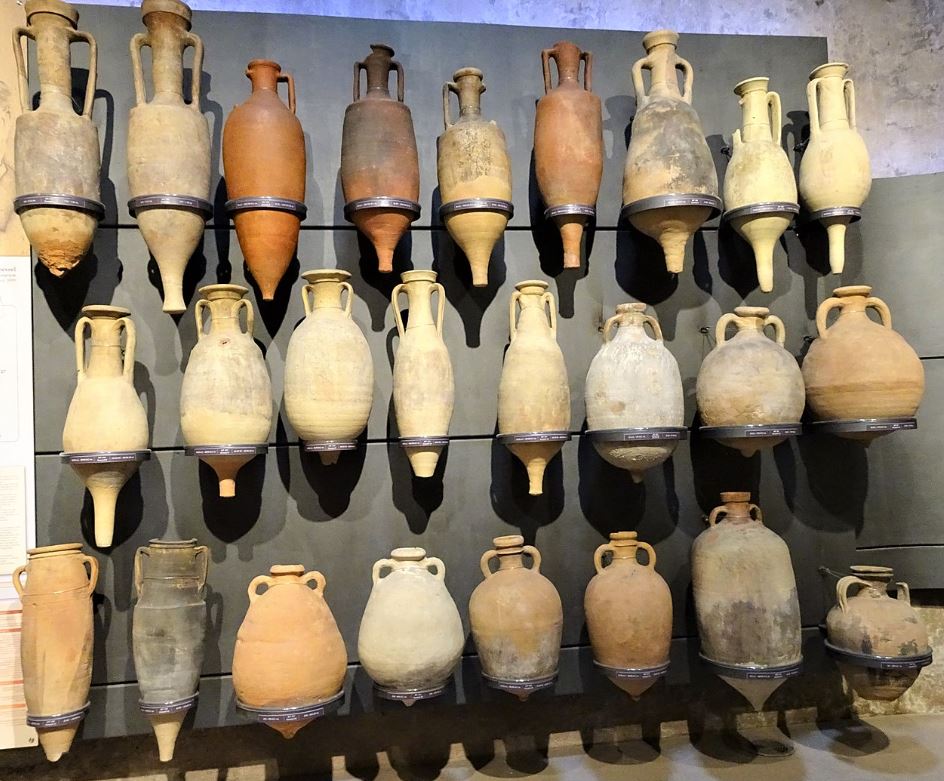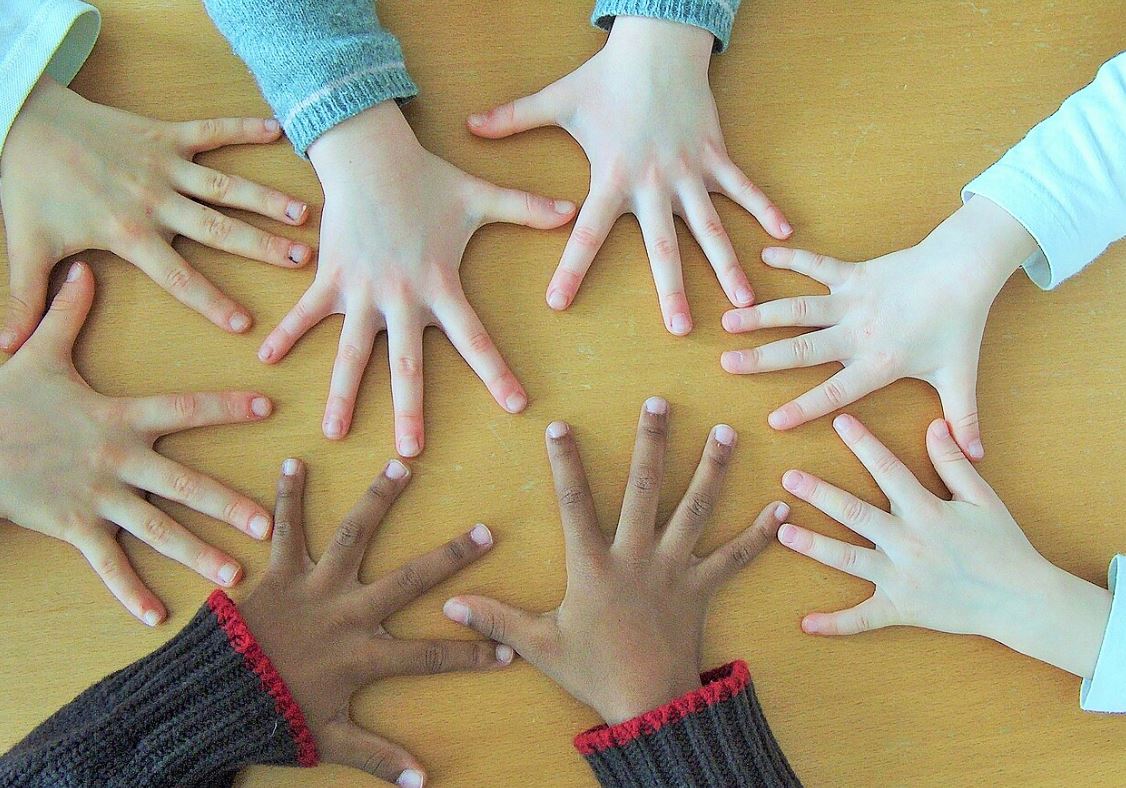There is no place like Jerusalem. The Jewish communities of Jerusalem through the ages had special traits as well as unique customs. We hear about two of these in our Gemara:
“Rabban Shimon ben Gamliel would say: There was a great custom in Jerusalem that if one gives raw materials for a meal to another to prepare the meal for him, and that person spoils it, that person gives the former compensation for his humiliation and compensation for the humiliation of his guests. Another great custom that was followed in Jerusalem was that [when one made a feast] there would be a cloth [מפה] spread over the entrance to the hall. As long as the cloth was spread, the guests would enter, the cloth was removed, the guests would not enter” (Bava Batra 93b)
Throughout Rabbinic literature we hear about the unusual practices of the people of Jerusalem. Sometimes this is called minhag Yerushalayim, the custom of Jerusalem, or as in our Gemara, מנהג גדול היה בירושלים. Other times we hear about the nekkiyay hadaat נקיי הדעת , the scrupulous people of Jerusalem. And there are also the yakirei Yerushalayim יקירי ירושלים, the men and women who were wealthy and prominent. The time period of these stories is the late Second Temple period. What can they tell us about these ancient Jerusalemites?
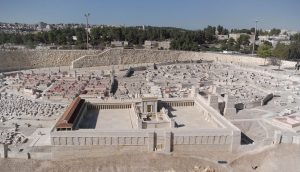
Model of Second Temple period Jerusalem
Berthold Werner, Public domain, via Wikimedia Commons
The Jerusalem customs (מנהג גדול) overlap with the scrupulous people (נקיי הדעת) and they focus on two primary things: meals and their etiquette, and legal matters. A parallel but much more detailed text about Jerusalem customs is in Eicha Rabba, commenting on the verse in the fourth chapter of Eicha about the wealthy/precious people of Zion, בני ציון היקרים:
“not one of them would attend a feast until he knew with whom he would be dining. . not one of them would attend a feast unless he would reverse his sleeve. . . They would entrust the meal to the cook. If any component of the meal would be ruined, they would punish the cook, all calculated in accordance with the standing of the host and all calculated in accordance with the standing of the guests.. .When one of them would make a feast, he would tie all the courses of the meal in a cloth. Why to that extent? It is because of the delicate people, so no one would eat something that does not agree with him” (Eicha Rabba 4:4)
The people of Jerusalem were very concerned about manners and social standing. The sleeve reversal has been interpreted in two ways: one possibility is so that no one would suspect them of stealing from the host. The other is that this was a way to show that they were already invited somewhere and that way no one else would invite them and be turned down, saving other hosts potential embarrassment.

Roman banquet room
Triclinio Museo de Zaragoza, Public domain, via Wikimedia Commons
We also hear about the behavior of the scrupulous people in legal situations:
“This is what the scrupulous people of Jerusalem would do: They would not sign a document unless they knew who was signing with them, and they would not sit in judgment unless they knew who was sitting with them,” (Sanhedrin 23a)

Justice Ginsburg would have been approved by the scrupulous people
Supreme Court of the United States, Photographer: Steve Petteway [1], Public domain, via Wikimedia Commons
Here another aspect of the people of Jerusalem emerges. They were very careful about the company they kept not only in social settings but in legal ones. They did not want to be suspected of an association with people who were not as upstanding as they were and so they were made sure to only add their names or their presence to groups that were above (their) reproach. They also were very concise in their language, signing just their names to a document without adding the word “witness.” (Gittin 87b).
Another group of Jerusalemites are the יקירים, the wealthy and rare or beloved people of the city. We hear about them in connection to the Temple and also see them displaying their wealth. The men would stay up all night with the Cohen Gadol on Yom Kippur and accompany the goat out to the desert (Yoma 19b and Mishnah Yoma 6:4). The women would provide funds for the Temple and for other needs (Ketubot 106a). There was a lot of conspicuous consumption:
“Rabbi Meir said: . . the prominent residents of Jerusalem (who) would bind their lulavim with gold rings.” (Sukkah 37b)
Jerusalem also had חבורות, groups or societies who focused on doing good and instilling the right values in their children. They would comfort mourners and celebrate at weddings (Smachot 12) but also make sure to show their children how to behave:
“There was likewise a beautiful custom in Jerusalem to train their young sons and daughters to afflict themselves on a fast day: at the age of eleven to the middle of the day, at the age of twelve the full day, and at the age of thirteen [the boy] was taken round and presented to every elder to bless him and pray for him that he may be worthy to study the Torah and engage in good deeds.” (Masechet Sofrim 18:5)
What are we to make of all these customs and qualities? Jerusalem was a special city which had many unusual rules to it (see here). Its upkeep was paid for by Temple funds (Shekalim 4:2) and its population was not made up of the farmers and shepherds found in other places. Many residents had ties to the Temple (Cohanim and Levites) or to the government or they were teachers and rabbis. Educators, politicians, religious functionaries: not so different from Jerusalem today.
There were also many wealthy people whose money often came from ties, licit or illicit to the Temple (see here).We know that not only from literature but from archaeology. The houses of the Cohanim who lived in Jerusalem were fabulous: large, with beautiful and expensive furniture.
What emerges from all our sources about these special Yerushalmi customs seems to be a population that was very tied to the Temple and concerned about education and their religious duties. Their wealth made them exceedingly aware of class and part of a very rigid social structure. Breaking the rules by being seen with the wrong people, inviting the wrong people or even serving the wrong food at a feast could be social suicide. This rigidity eventually proved the undoing of Jerusalem. What story precedes the description of the precious people of Jerusalem in Eicha Rabba? The tale of Kamza and Bar Kamza, a tragic chain of events set in motion by the wrong guest being invited to a feast.
Some of the customs of Jerusalem truly were great and can be emulated today: a focus on education, upright behavior and a functioning society. Others like the caste system are best left in the past.
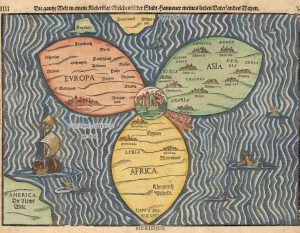
Jerusalem, center of the world
Heinrich Bünting, Public domain, via Wikimedia Commons




